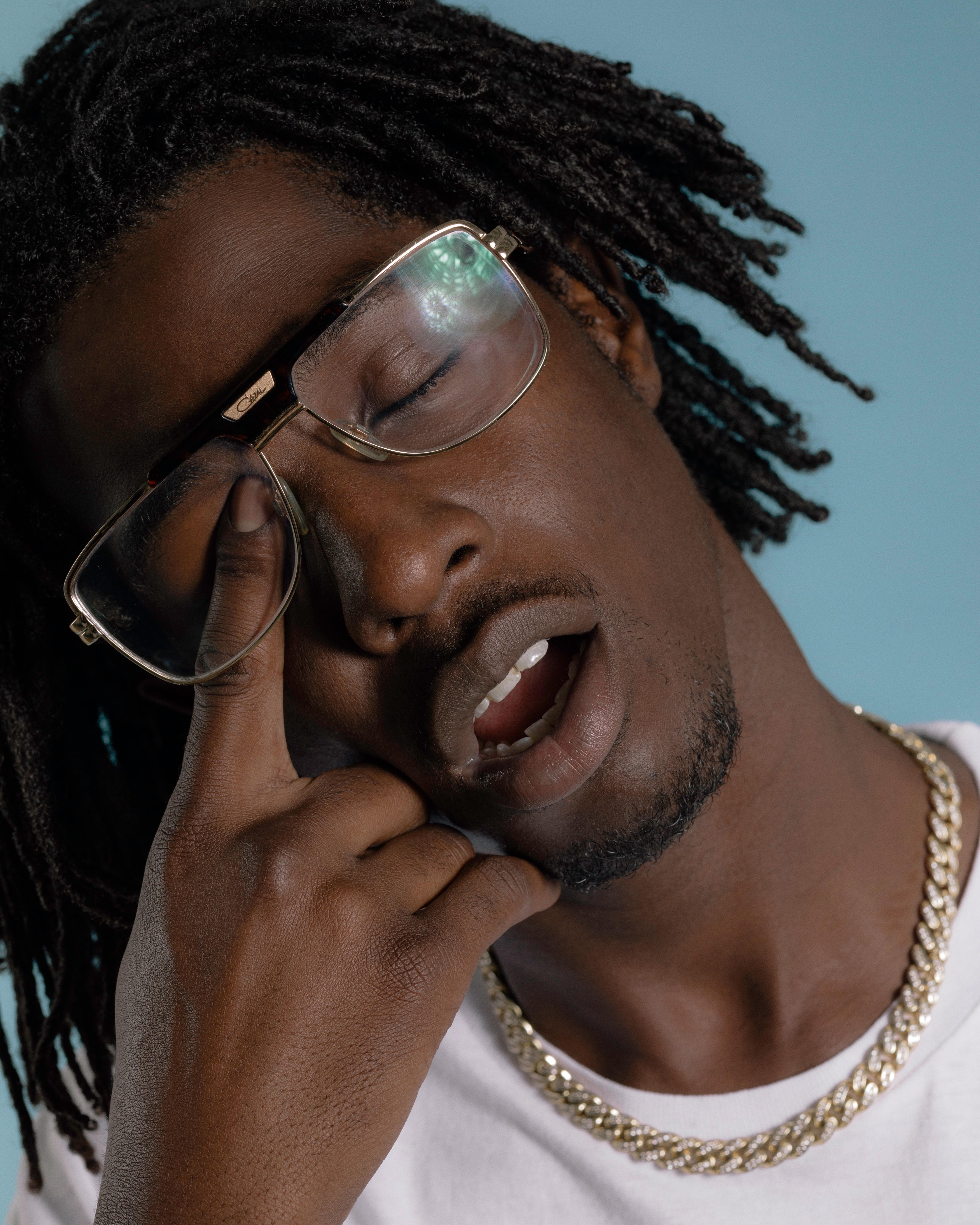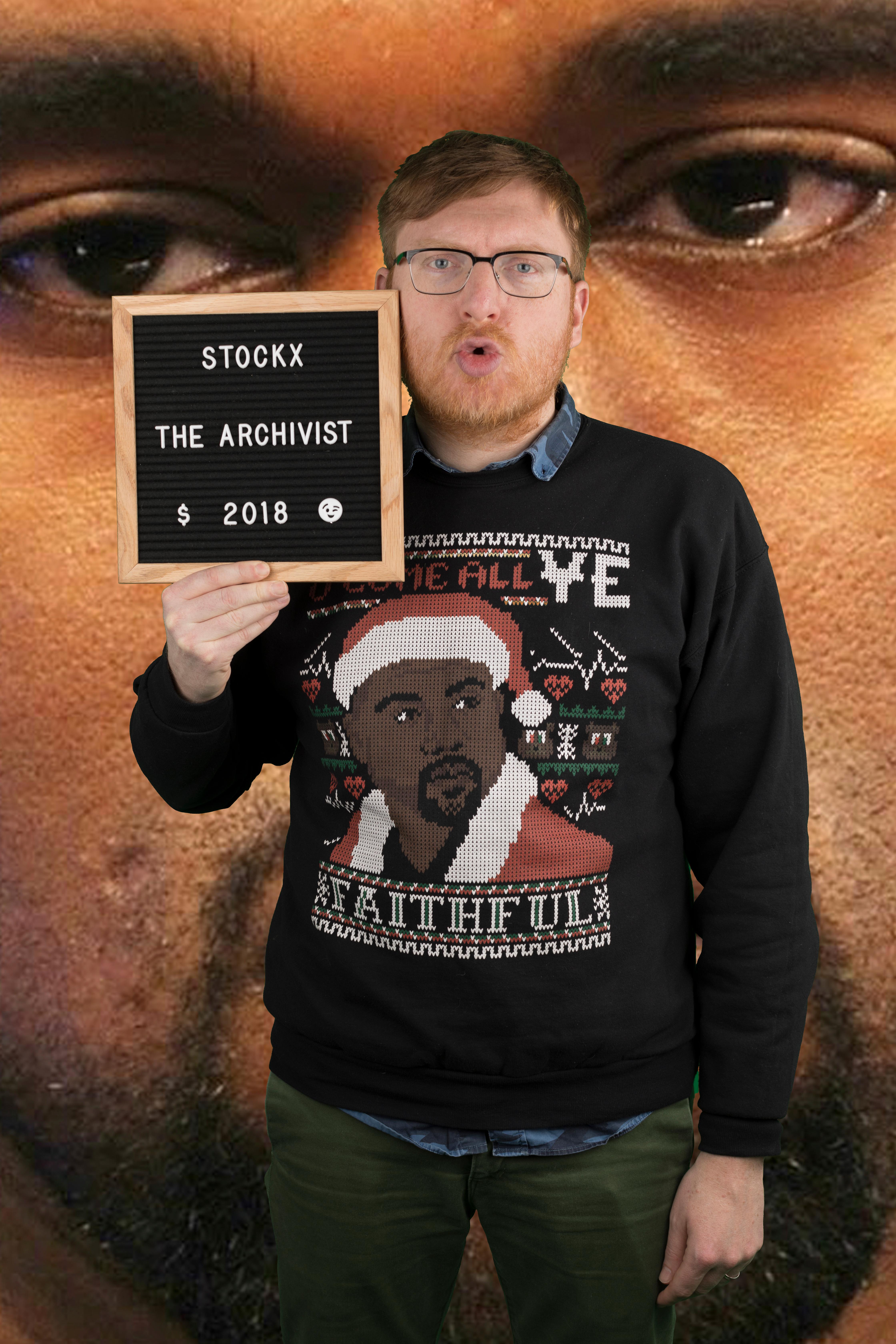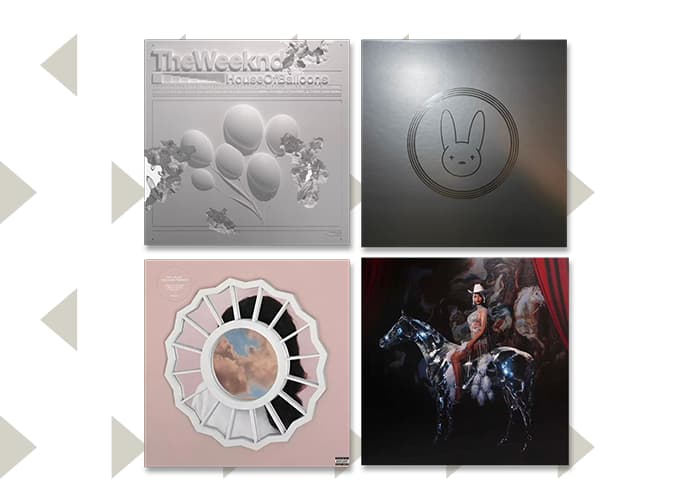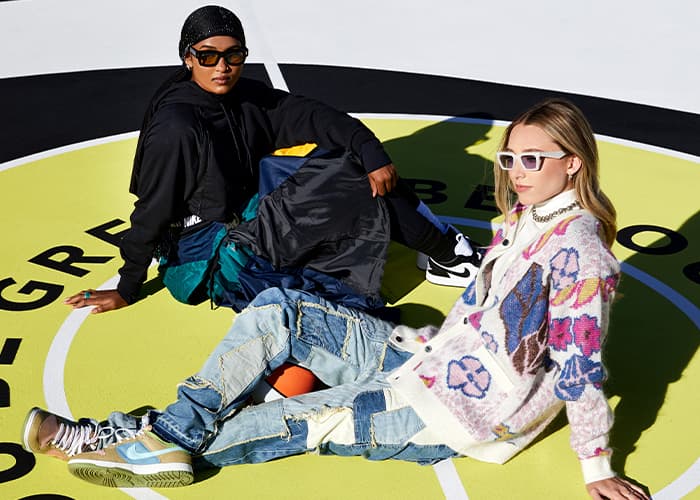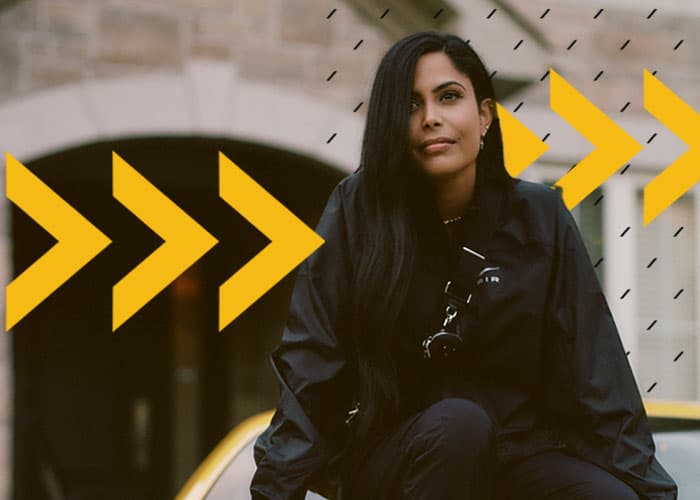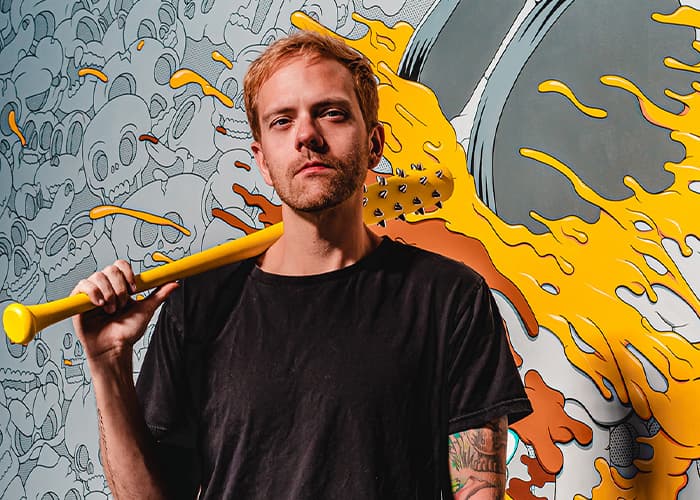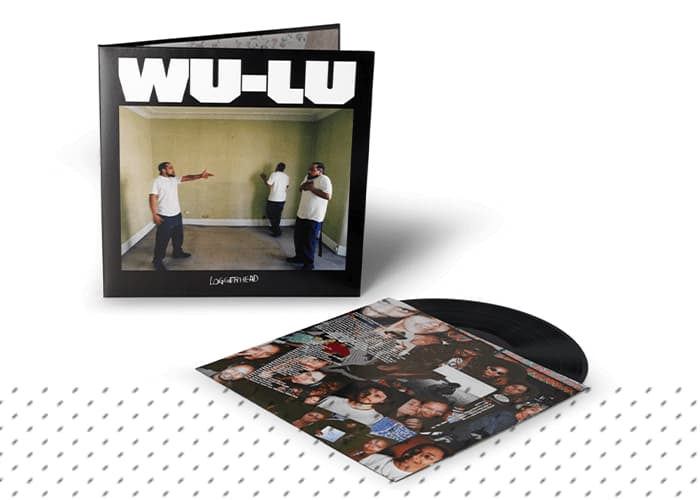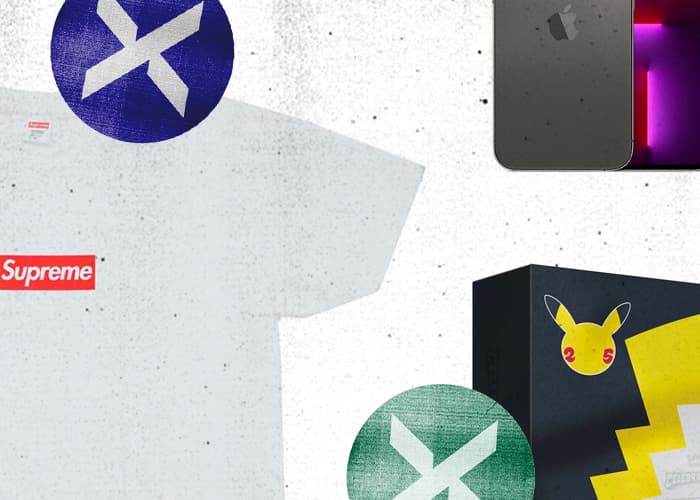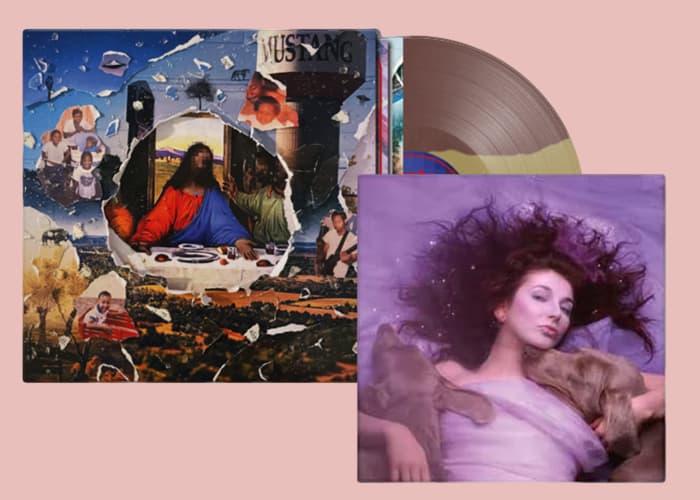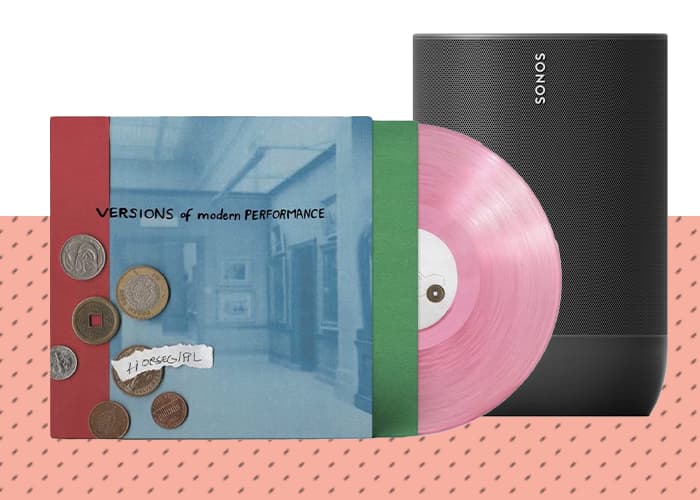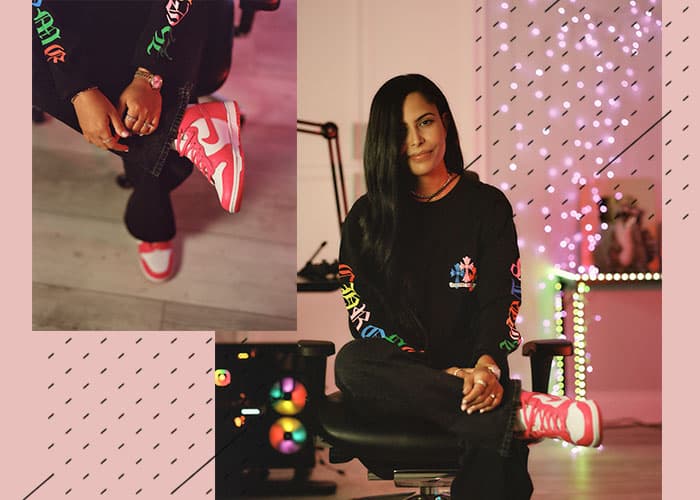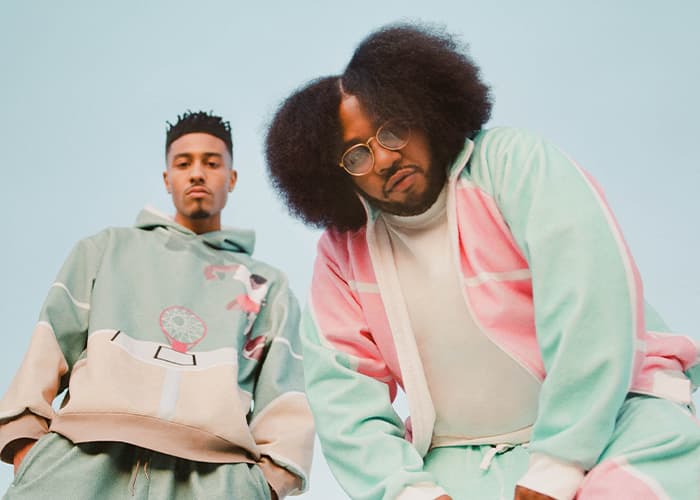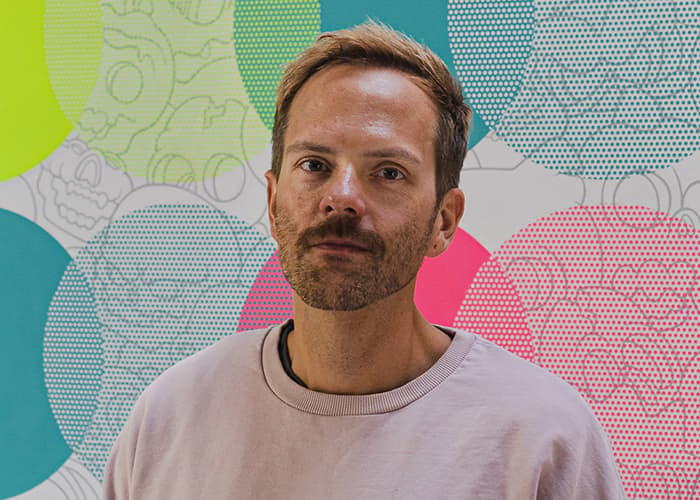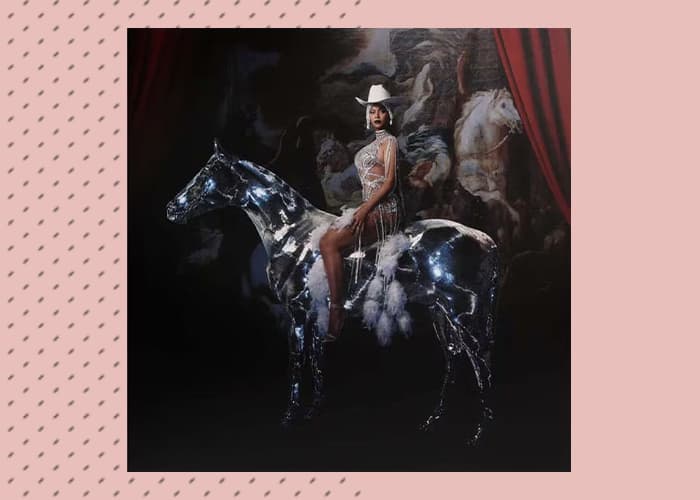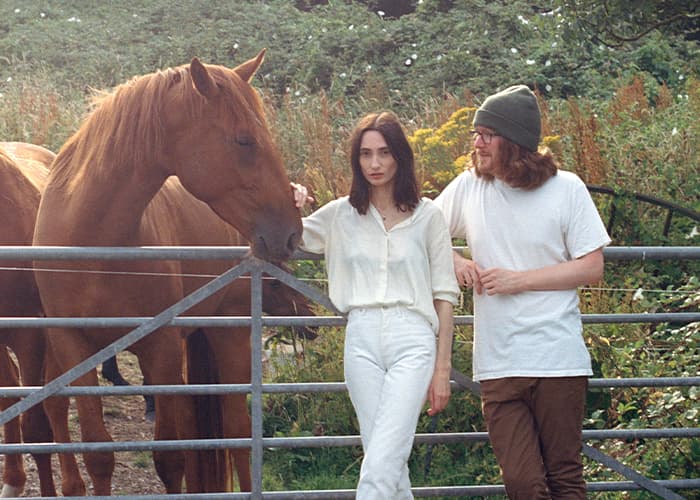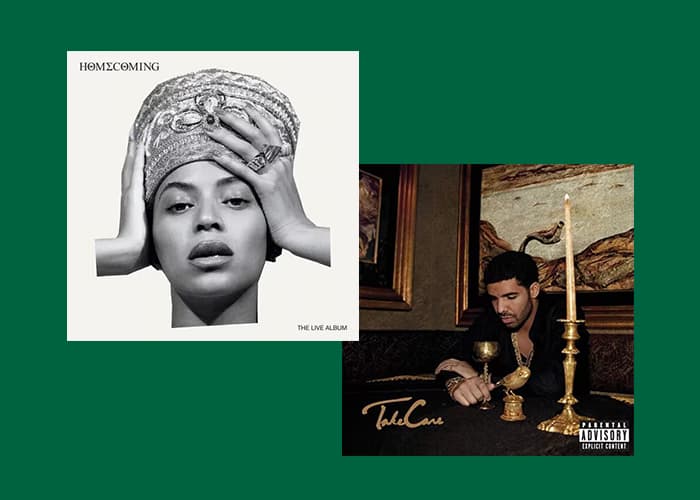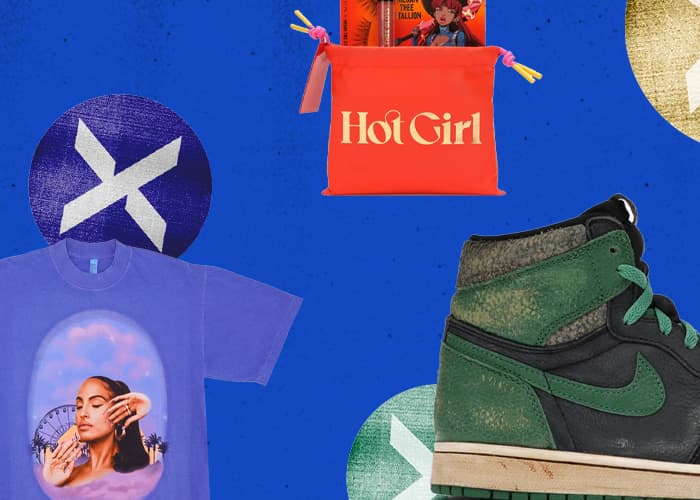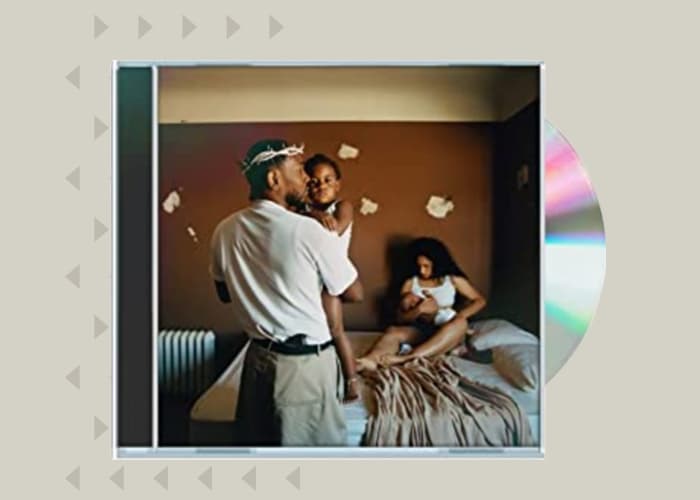A few years ago Darnell Williams had bottomed out in LA. If you knew him back then, you wouldn’t have believed it. Here’s Darnell’s pre-fall resume: opening for Jim Jones in Detroit, heading off to film school in Chicago and living above RSVP Gallery and befriending Virgil Abloh and Don C, helping form the artist collective ILLROOTS, and shooting videos for Mac Miller, Asher Roth, Big Sean, and a clutch of other rappers. At one point he was left with only a pair of shoes. “I literally lost everything, I had nothing to lose,” he says.
With everything stacked against him, Darnell got back to basics, he went back to rap. “Hip-hop is life. It’s one of the most valuable tools God has given me,” he affirms. He continues, “hip-hop is a tool for people that have absolutely nothing.” Armed with his talent and belief in the redemptive power of hip-hop, this son of Detroit’s west side never stopped grinding, never stopped fighting.
This is the story of Darnell Williams, the man who worked hard for fame, fortune and hip-hop, only to lose it all and rap it back.
UpSouth in Detroit
Darnell Williams grew up on the west side of Detroit. “West 7 mile, 48219,” he says to be exact. Growing up, things were tough, but he didn’t know it at the time. His mom worked hard, always kept the kitchen stocked with food and took good care of him, even though money was tight. It wasn’t until Darnell grew older and started to really travel that he realized how tough his childhood was and how hard his mom worked to smooth away the rougher edges of neighborhood life.
His grandparents migrated from the deep south and the sun belt. His mother’s side hails from New Orleans. Darnell says, “my grandma is actually Creole.” His grandmother’s influence runs deep. “Grandma was a crazy artist making dresses and stuff,” Darnell explains. In a classic American migration story of the 20th century, his paternal grandfather moved from Dallas to Detroit in search of work in the automotive industry.
In addition to providing a creative and artistic example, Darnell’s Creole grandmother also introduced him to a rich and diverse world of music. She would mix in southern sounds and Motown and captivate his ear. He listened to these records so much that this unique musical blend became a part of his musical and artistic DNA.
City of Broad Shoulders
Darnell moved to Chicago to study film at Columbia College in Chicago, forever altering his life. He was at Columbia for a year and a half before he dropped out and started selling pizzas. There was some luck involved, too. After dropping out and taking the pizza job Darnell ended up living above Virgil Abloh’s RSVP Gallery and becoming friends with the famed designer.
From this epicenter of emerging fashion and culture, Darnell began to rethink and reimagine his own sartorial choices. “I remember growing up in Detroit thinking I was the freshest motherfucker alive,” says Darnell. But Chicago was a different world: “it was skinny jeans and snapbacks. Every style I saw I would take notes.” He continues, “Chicago was a real eye-opener. It made me up my fresh and put my fits together.”

Darnell linked up with Mike Waxx and Mike Carson and helped develop IllROOTS’ reputation as hip-hop visual auteurs. This work led to high profile work with Big Sean, Mac Miller, Payroll Giovanni, Elohim, Denzel Curry, and Casey Veggies, among others. ILLROOTS’ is deeply influential in today’s hip-hop. Darnell recalls a young Chance the Rapper giving him the “10 Day” demo while Chance was still in high school. Darnell and ILLROOTS would eventually release Chance’s first tape.
Although Chicago was the first stop on a tour that eventually included New York and LA, it is Darnell’s professional keystone.
Family and Hip-Hop
Looking back at the trajectory of Darnell’s life and career, it’s not surprising that it’s always come back to hip-hop. Hip-hop and rap have helped form the core of his sense of self and family. Growing up, Tupac wasn’t just Tupac, he was a part of the family. Darnell explains, “Shit, Tupac. My mom loved Tupac. I knew Tupac’s voice before a lot of peoples.” Smiling Darnell says, “I thought Tupac was part of the family.”
Hip-hop also provided Darnell with a father figure. Darnell knew his father, but he mostly grew up without him. Succinctly Darnell says his dad “left to start a whole new family.” Leaning on hip-hop, Darnell found a mentor and father through the music and culture. “I still listen to Jay-Z for pieces of info,” Darnell admits.
So when Darnell started to make the transition from being a videographer to a rapper, it made perfect sense to Darnell and anyone familiar with his backstory. But not everyone felt that way. Darnell describes the transition as “weird.” He continues, “people thought I was one-offing. Even my rapper friends didn’t think I was in it for real.” For Darnell, it was all about being true to himself and his roots. “I felt like I was boxed in as just a videographer,” he explains. Also, he watched his friends reach new creative peaks with music and knew that was his path, too.

By being himself and believing in the music, Darnell’s been able to change the minds of most of the doubters. “Now it’s great,” he laughs.
Representing Detroit Rap City
As much as Chicago would act as a professional crucible, Detroit was, and will always be, home. In addition to his family and developing his artistic and musical chops, Detroit is his measuring stick. “I love my peers from Detroit,” Darnell continues, “we’re not the same, but we’ve all been blessed to see so much from a young age, the good and the bad.” It’s this experience that Darnell credits with there being so many creative and unique MCs coming out of Detroit.
Being from Detroit has also left its mark on Darnell’s work ethic and personality. Darnell says he represents Detroit because he is “humble, hard-working, and blue-collar.” Furthermore, Darnell explains, “Detroit is a no-nonsense place, you have to be aware and not gullible.” Because of his Detroit upbringing, he’s able to be himself anywhere and everywhere.

Proudly Darnell says, “I’m a Detroiter.”
Keep Pushing
Darnell has come so far but remains close to home. As he readies new music and a potential TV deal, he’s still thinking about Detroit. In the short run, his main goal is getting his immediate family “out of the ghetto.” His mom is still working and he wants to be able to have her quit her job and retire. In the long run, Darnell hopes to help people achieve their dreams in the music industry. “I know how hard it is out here,” he reflects, “so helping the most people I can is my mindset right now.”
He’s living proof as he smiles, “If you can make it through, it’ll work.”



